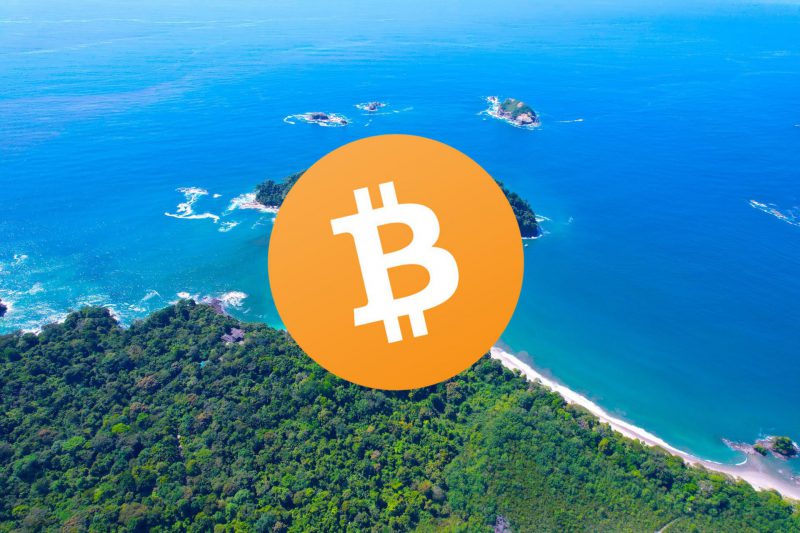Costa Rica might just become the next Bitcoin (BTC) and crypto-friendly country. Congresswoman Johana Obando has presented a bill to congress, in an attempt to regulate the crypto markets in the South American nation.
Congresswoman Obando conveyed on Twitter that the bill attempts to “grant legal certainty to Fintech and similar companies in Costa Rica and promote the digital economy and the use of crypto assets.”
The proposal, dubbed Cryptoassets Market Law (MECA), would preserve each individual’s virtual private property, the self-custody of crypto assets, and decentralization in perfect harmony with the nation’s central bank.
Additionally, in a recent interview with a local Costa Rican news firm, Congresswoman Obando stated that the proposal is,
“To create a legal security framework for all those people who hold crypto.”
The Congresswoman highlighted that she would like people with cryptocurrency investments to come to Costa Rica. When asked why she would want to make the aforementioned proposal, Congresswoman Obando said crypto is already in use in some parts of the country. However, a regulatory framework is absent. Moreover, Obando has a background in tech, hence she does not want her country to lag behind in the digital revolution.
Did Costa Rica learn from El Salvador’s crypto project?
In the interview, Congresswoman Obando stated that parties will not be obliged to accept cryptocurrencies. Both parties will be given the right to choose the transaction type. This is contrary to the legislation in El Salvador, where Bitcoin (BTC) is a legal tender. Being a legal tender, El Salvadorans are obliged to accept BTC as payment, whether they like it or not.
Furthermore, the Congresswoman pointed out that people in areas with slow internet connection will face difficulty if they are obliged to accept crypto. Many have criticized the El Salvadoran Bitcoin experiment, including Ethereum chief, Vitalik Buterin.
Latin American countries are making headway into the realm of digital assets. Chile’s Senate last month approved a fintech measure that aims to regulate the cryptocurrency industry. On the other hand, Paraguay is attempting to provide clear regulations for the Bitcoin mining industry.
Likewise, Congresswoman Obando believes that providing a legal framework for digital currencies will boost the Costa Rican economy.





